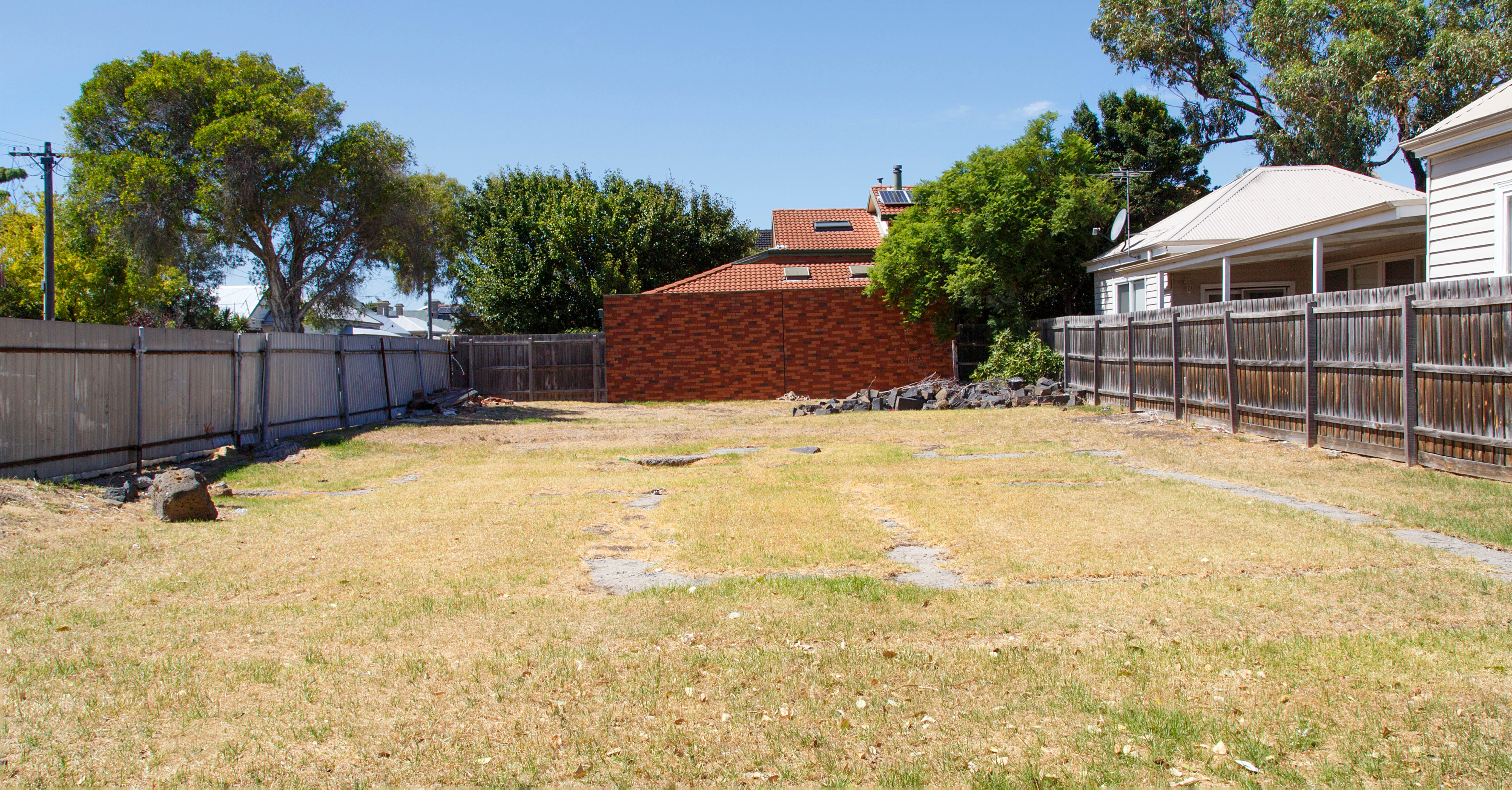
Sandy Hook Promise partners with Michigan Public Health to study anonymous reporting systems
Sandy Hook Promise, the University of Michigan School of Public Health, and the North Carolina Department of Public Instruction partner on Gun violence prevention research.





